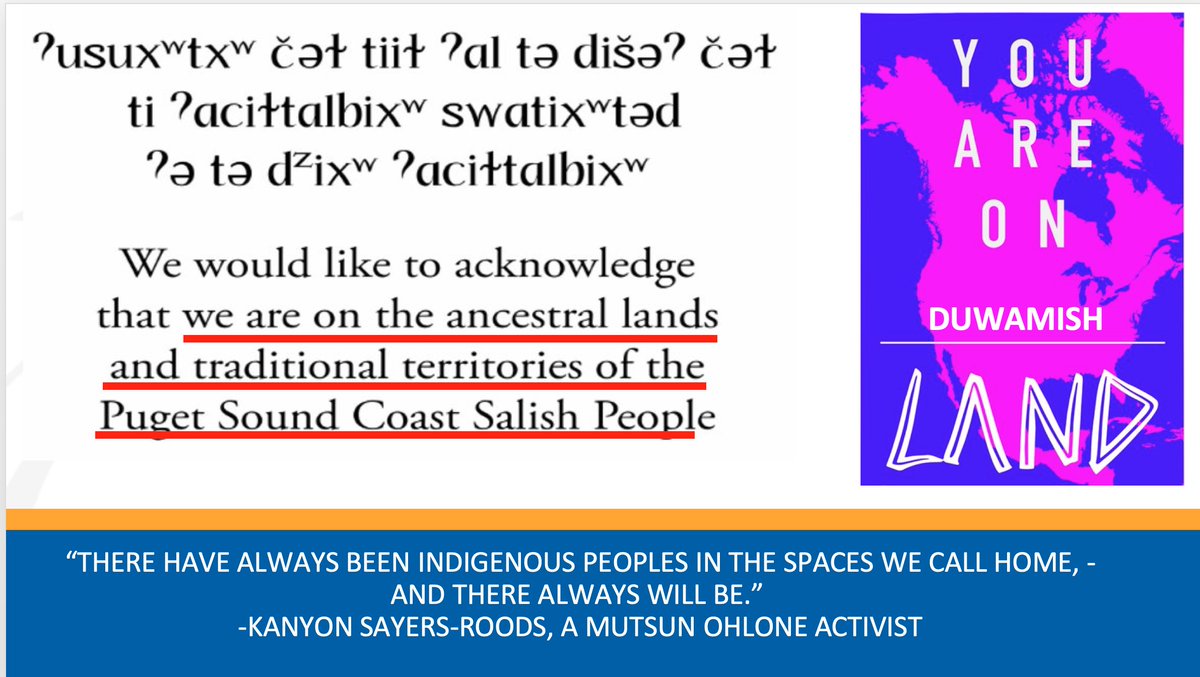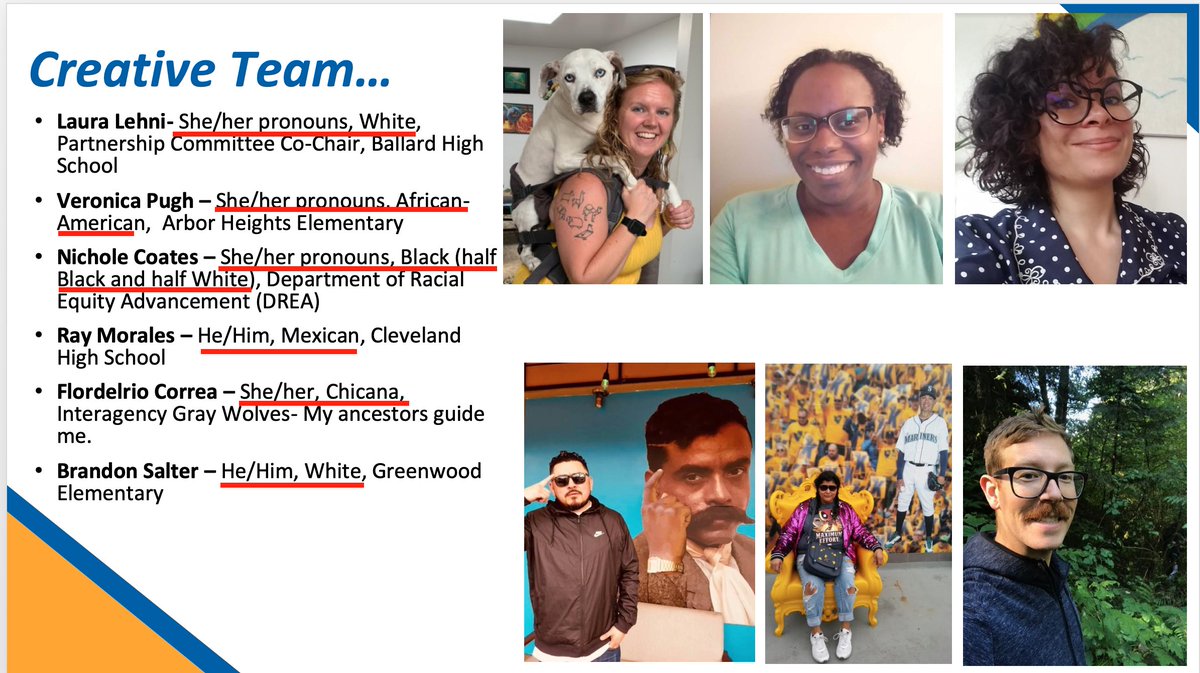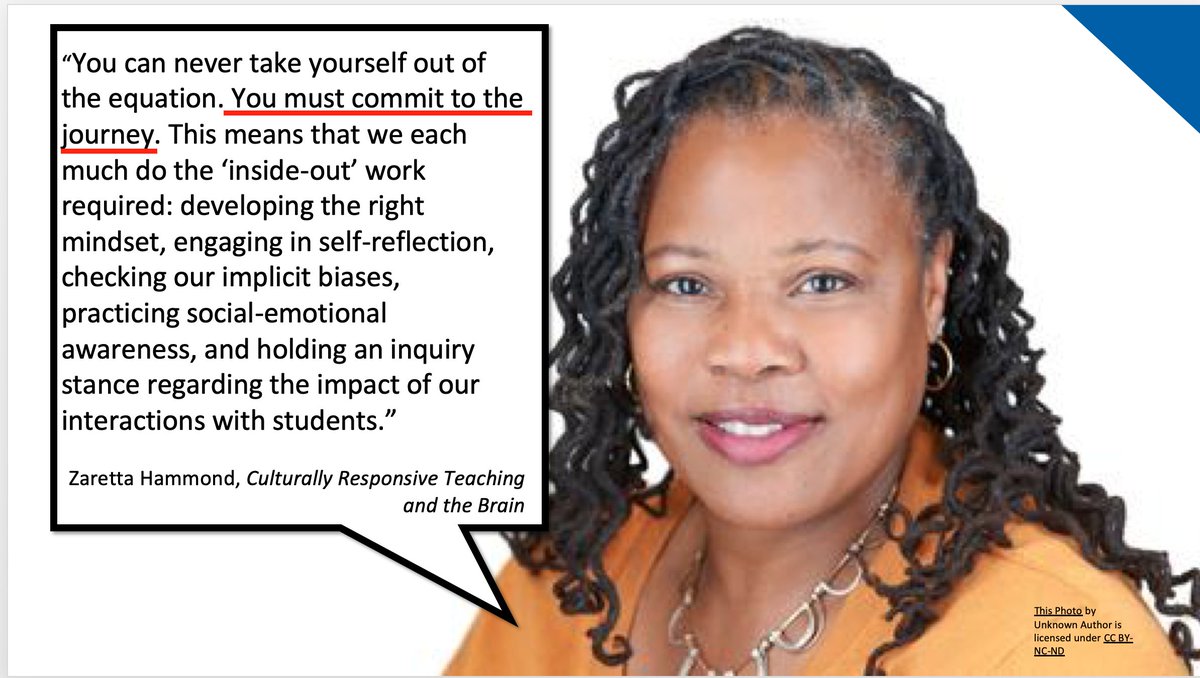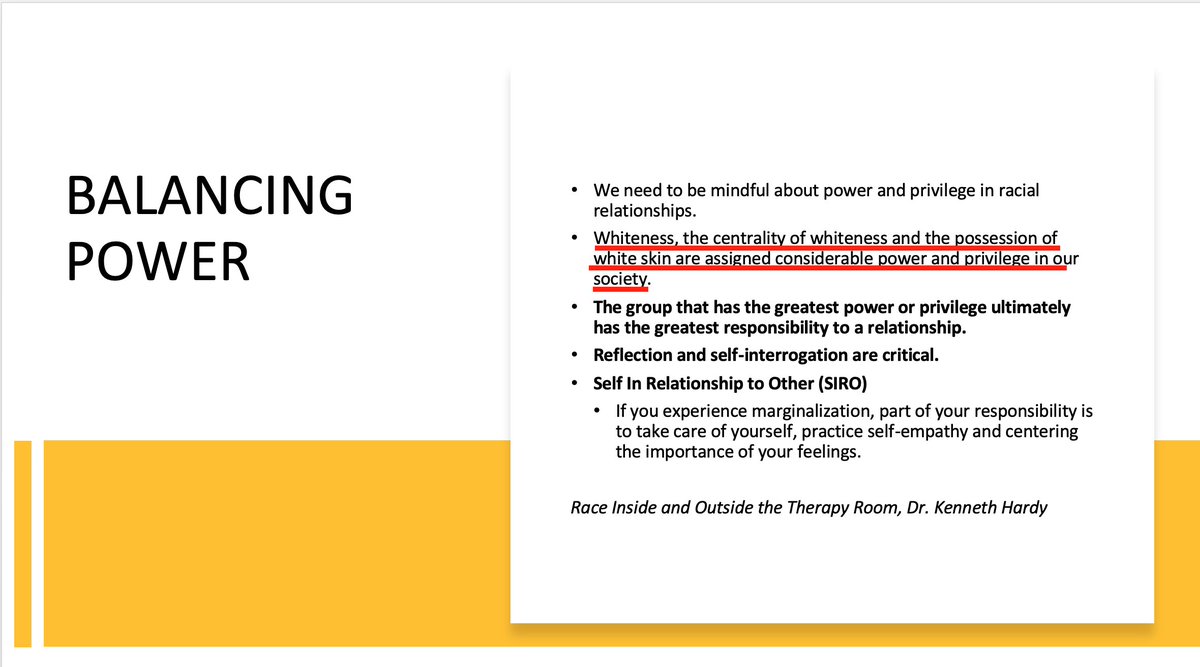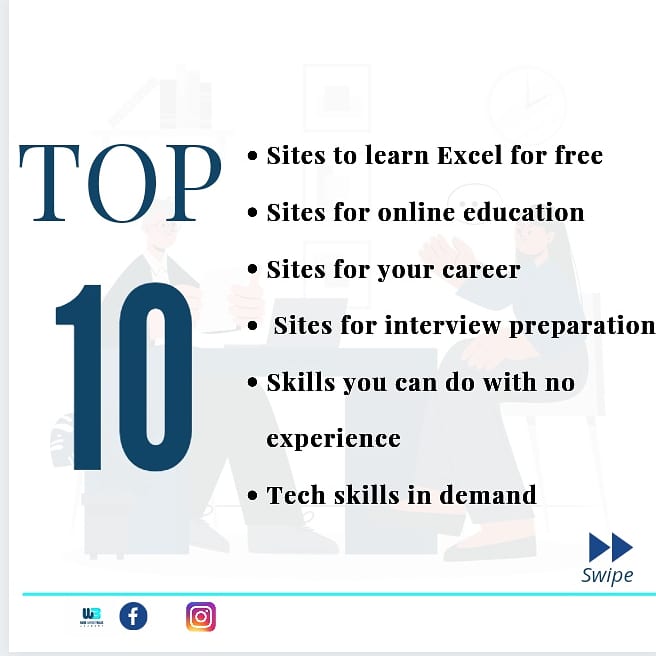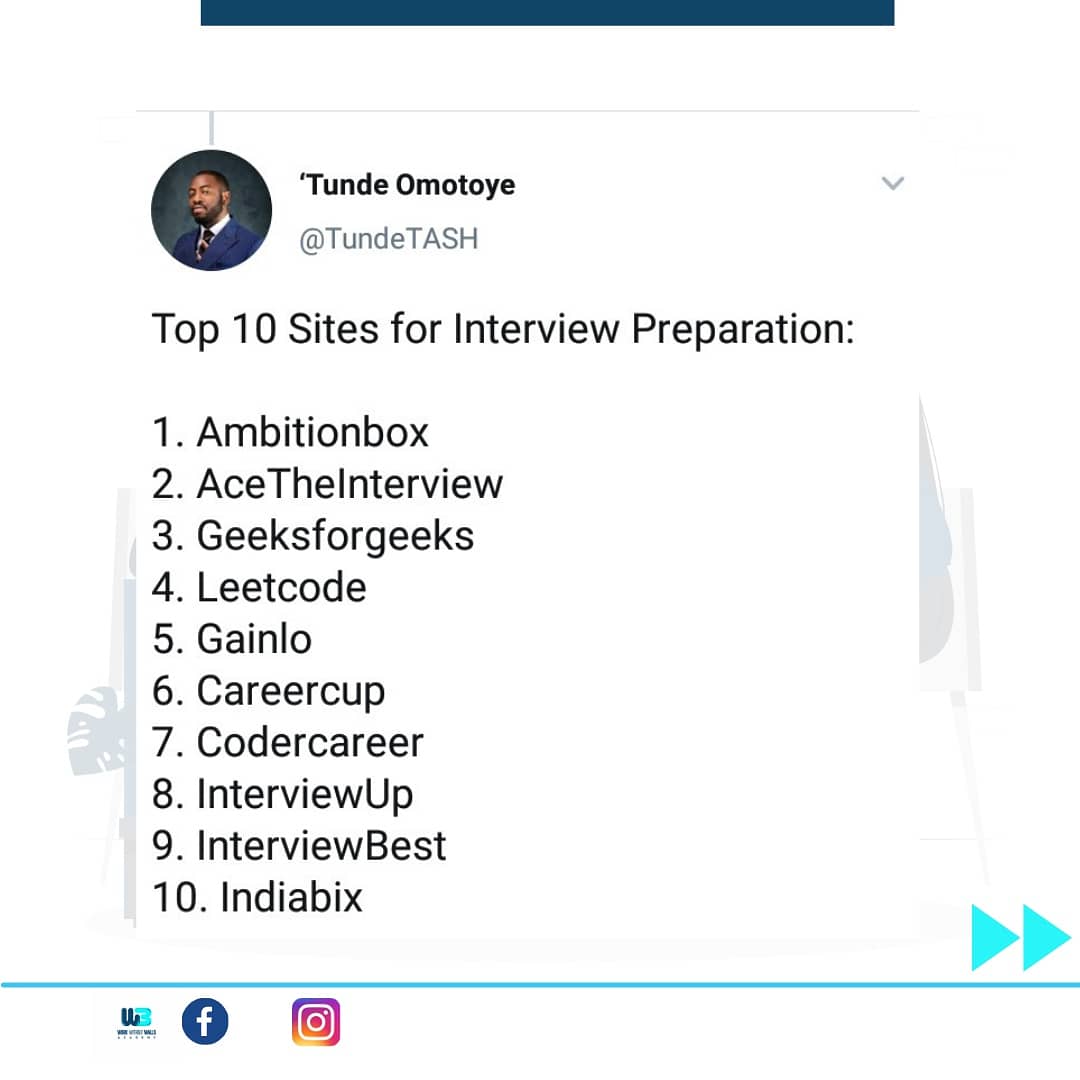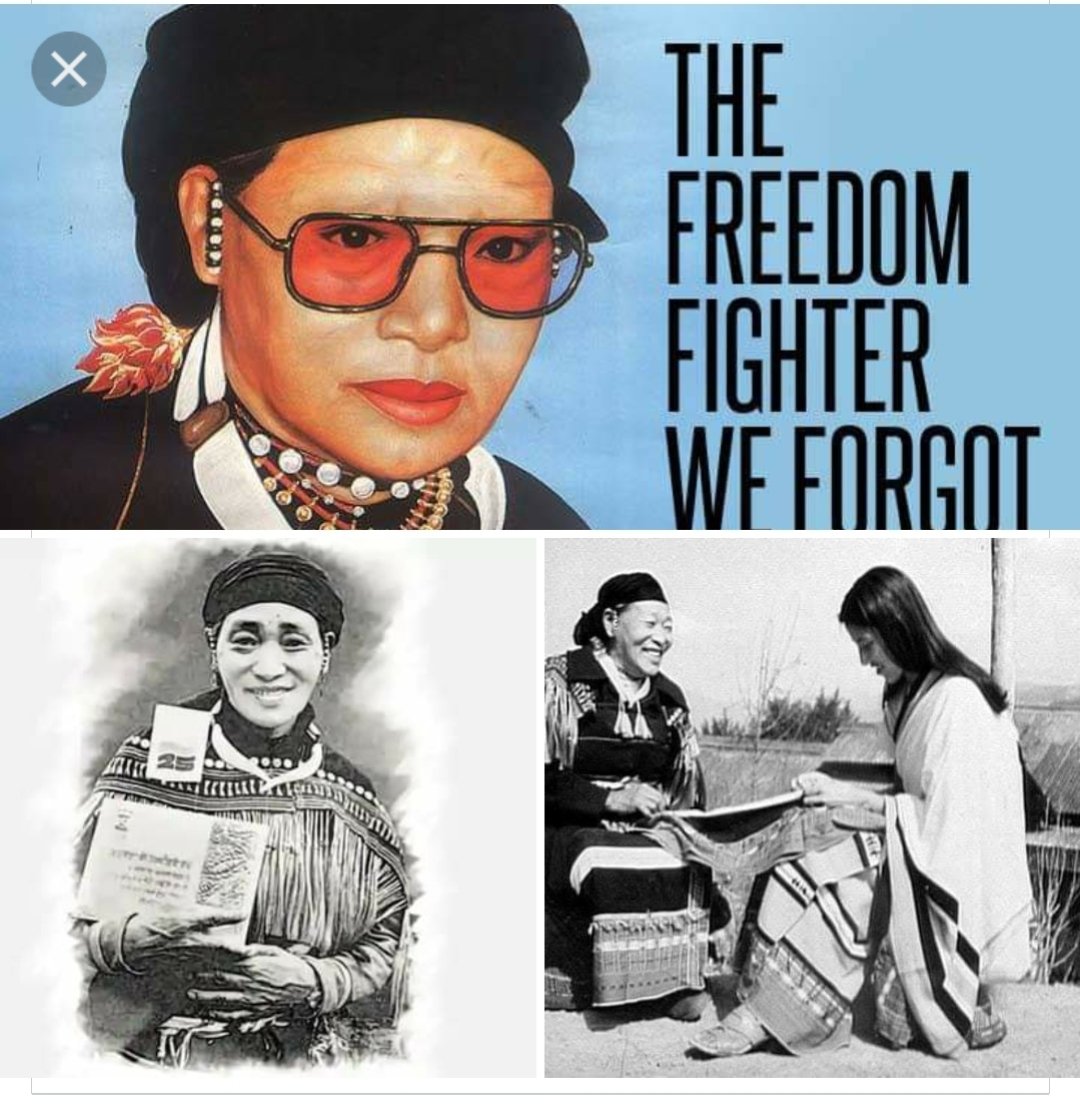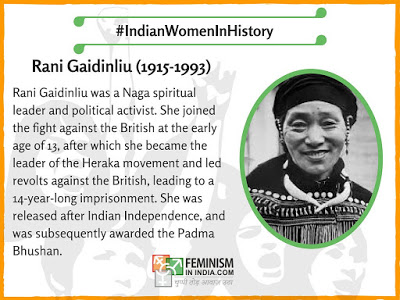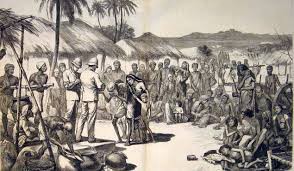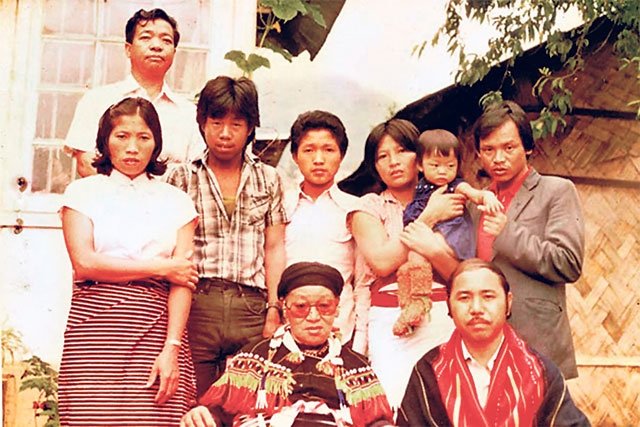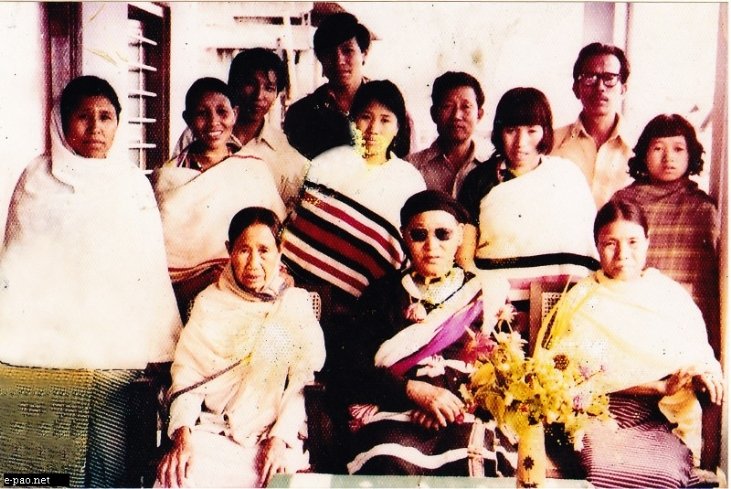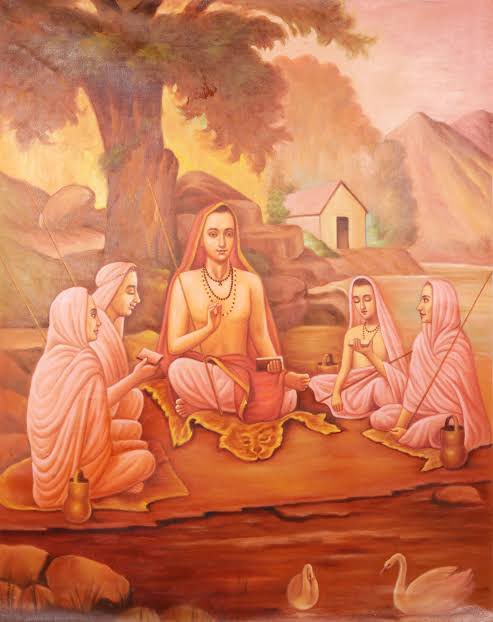"Trauma-informed Pedagogy and How is Your Heart?": https://t.co/dPAqeV9B3w
reminding you that, while we didn't cover "how do i work through a coup" in the faculty development workshop (FWIW my answer is "don't", seek breath and togetherness instead), we DO have the gift of trauma-informed pedagogy. here are a few links for the coming days/weeks/months:
"Trauma-informed Pedagogy and How is Your Heart?": https://t.co/dPAqeV9B3w
"Hope can be a passive gesture: “let’s hope it all turns out OK.” But hope can also be active, as a resistive act of defiance, self-empowerment & enduring resilience even in the face of uncertainty."
https://t.co/dsDsBteIaS
https://t.co/Sllyc5meRf
https://t.co/NeaDRH1aKo
Breathe with your students. It is so powerful.
Make time to listen:
https://t.co/aMs0tKWCNF
More from Education
It appears to be a combination of some of these factors, along with others not mentioned here. Ibn Khaldun’s analysis appears to be a good foundation to go off. [Thread]
Ibn Khaldun makes an important distinction between what he calls العُمران الحضري and العمران البدوي, which, for convenience’s sake, I’ll translate as urban civilisation and rural/Bedouin lifestyle.
He notes that the rural world is largely nomadic, and, as such, Bedouins build character traits that assist the survivalist lifestyle — e.g. the fact that they have to kill snakes that might pop up at any time during their travels helps them build courage and bravery.
The lack of stability and a proper settlement means they don’t really have the luxury of sitting down to let their minds wonder around. They thus build a preservation mindset, which manifests itself through emphasis on memorisation and transmission.
Inhabitants of urban world, on the other hand, are largely settled and established. This means they face less attacks from snakes, lions or danger of human attack from other tribes. Thus, they don’t build the courage and bravery of the Bedouins.
I am yet to find a fully convincing account of what caused the emergence of the two contrasting schools of Ahl Al-\u1e24ad\u012bth in the \u1e24ij\u0101z and Ahl Al-Ra'\u012b in Al-K\u016bfa.
— Amir Aboguddah \u0623\u0645\u064a\u0631 \u0623\u0628\u0648\u063a\u062f\u0629 (@Amir_Aboguddah) January 20, 2021
My issue with the accounts are as follows:
Ibn Khaldun makes an important distinction between what he calls العُمران الحضري and العمران البدوي, which, for convenience’s sake, I’ll translate as urban civilisation and rural/Bedouin lifestyle.
He notes that the rural world is largely nomadic, and, as such, Bedouins build character traits that assist the survivalist lifestyle — e.g. the fact that they have to kill snakes that might pop up at any time during their travels helps them build courage and bravery.
The lack of stability and a proper settlement means they don’t really have the luxury of sitting down to let their minds wonder around. They thus build a preservation mindset, which manifests itself through emphasis on memorisation and transmission.
Inhabitants of urban world, on the other hand, are largely settled and established. This means they face less attacks from snakes, lions or danger of human attack from other tribes. Thus, they don’t build the courage and bravery of the Bedouins.




